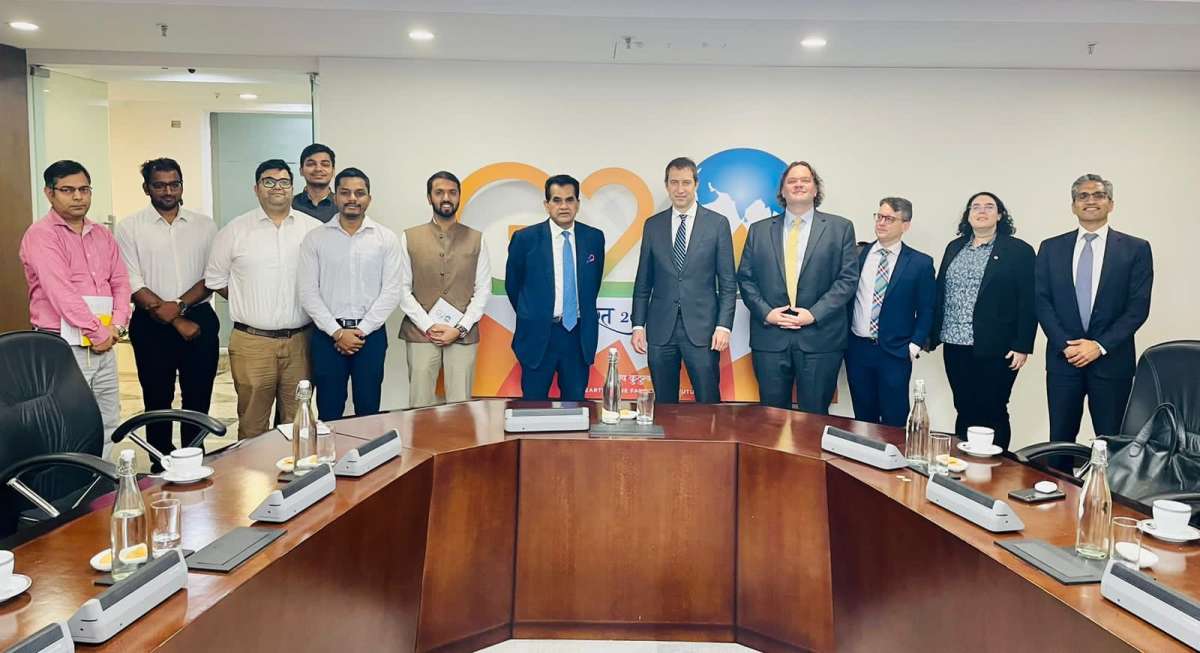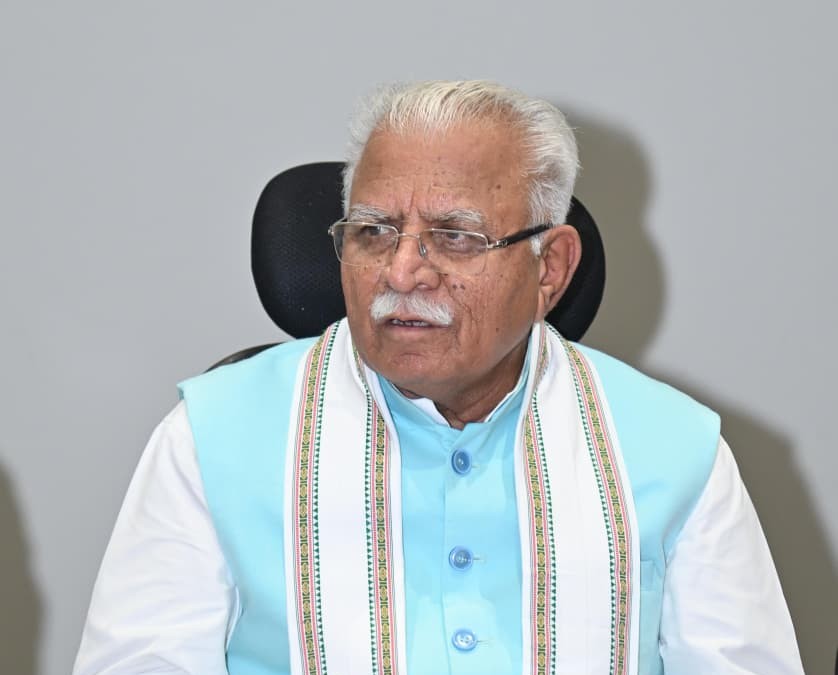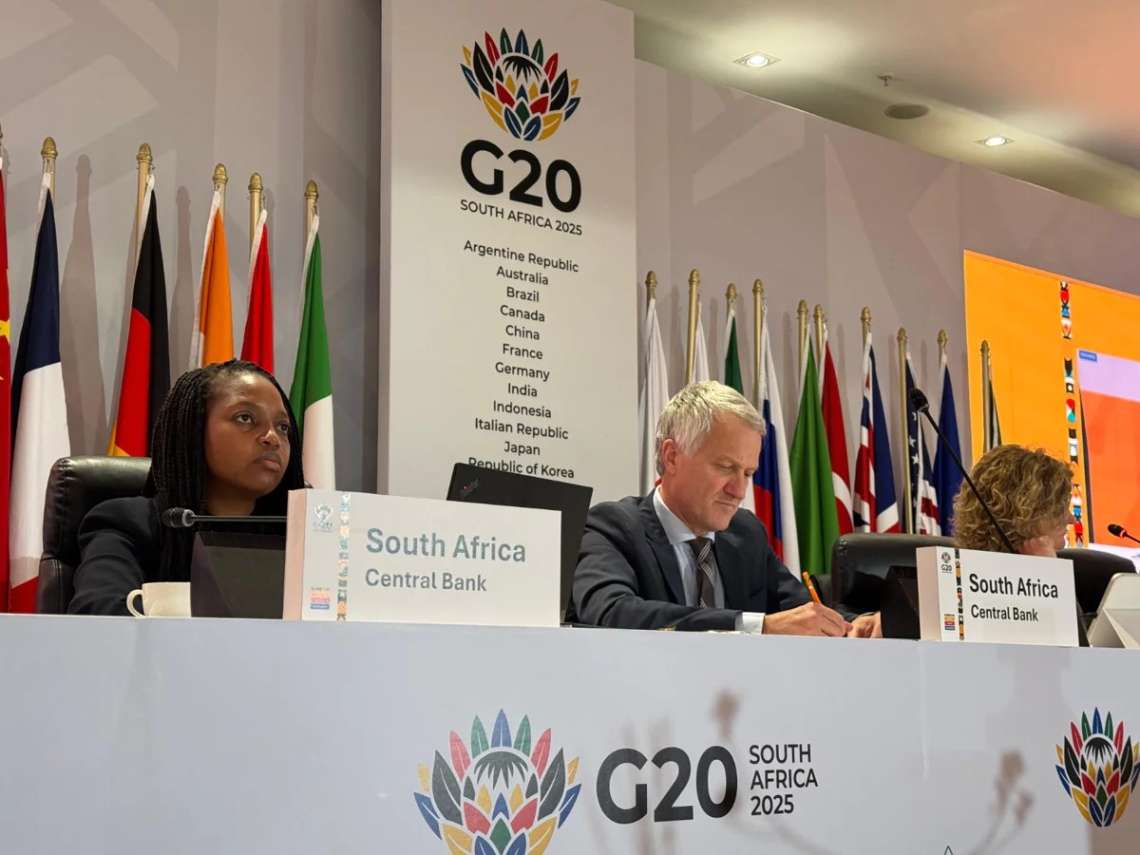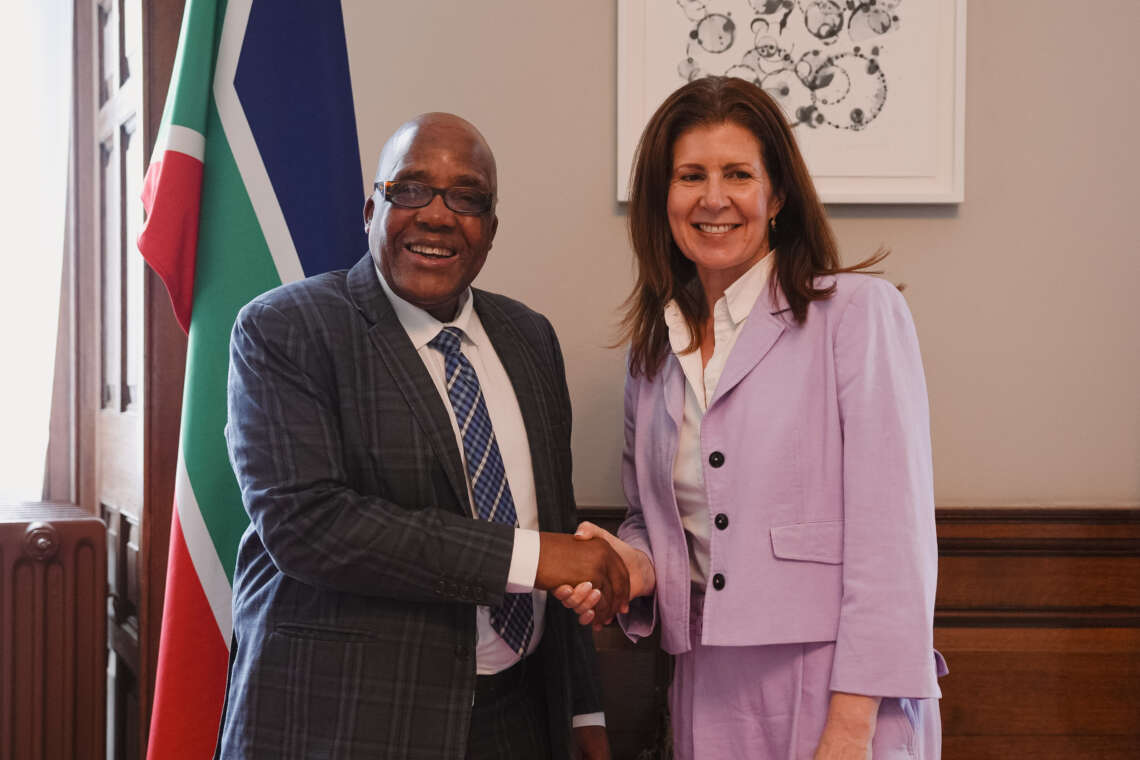The One-Health approach recognises the interconnectedness of human, animal and environmental health…reports Asian Lite News
Discussions on climate change and its impact on health were held at the third Health Working Group meeting of the G20 here, with a focus on anti-microbial resistance and the need to visualise response through the lens of the “One-Health” framework.
India’s G20 presidency focuses on three priorities in the health field. One of the priorities is health emergency prevention, preparedness and response with a focus on anti-microbial resistance and the One-Health framework.
The One-Health approach recognises the interconnectedness of human, animal and environmental health.
The other is strengthening cooperation in the pharmaceutical sector with a focus on access and availability to safe, effective, and affordable medical counter-measures.
Digital health innovations and solutions to aid universal health coverage and improve healthcare service delivery are also among the priorities of India’s G20 presidency.
“With shifts related to climate change and also the way we are living our lives on this planet today, there is a likelihood of certain new types of health emergencies. These could be new infections or infections in geographies where they did not occur earlier. Other emergencies could be those associated with extreme temperatures or triggered by floods,” Dr V K Paul, Member (Health), NITI Aayog said on the sidelines of the G20 Health Working Group meeting on Monday.
“Climate change and its impact on health and human development and economics is a larger and a multi-dimensional issue that concerns us all,” he said.
Within the G20, the Health Working Group is focusing on climate change effects on the One-Health system, he said.
Speaking about the menace of anti-microbial resistance, he noted it has origins in antibiotic usage in humans and animals, and anti-microbial residues in the environment.
“That’s clearly a very important agenda and there is a consensus that we should visualise our response to health emergencies through the lens of One-Health and this also specifically applies to anti-microbial resistance on which again there is a focus at the G20 Health Working Group,” Dr Paul said.
“Everybody agrees this is important and the way to approach this is to have a surveillance of highest quality all over, sharing of data in a timely way so that an alert goes out for people who may not necessarily be in danger today but tomorrow they could be in danger or may get into danger tomorrow, and also to create counter-measures to respond to the challenge in a concerted time-bound way collectively,” he said.
ALSO READ-G20 discusses ways to strength global financial safety














